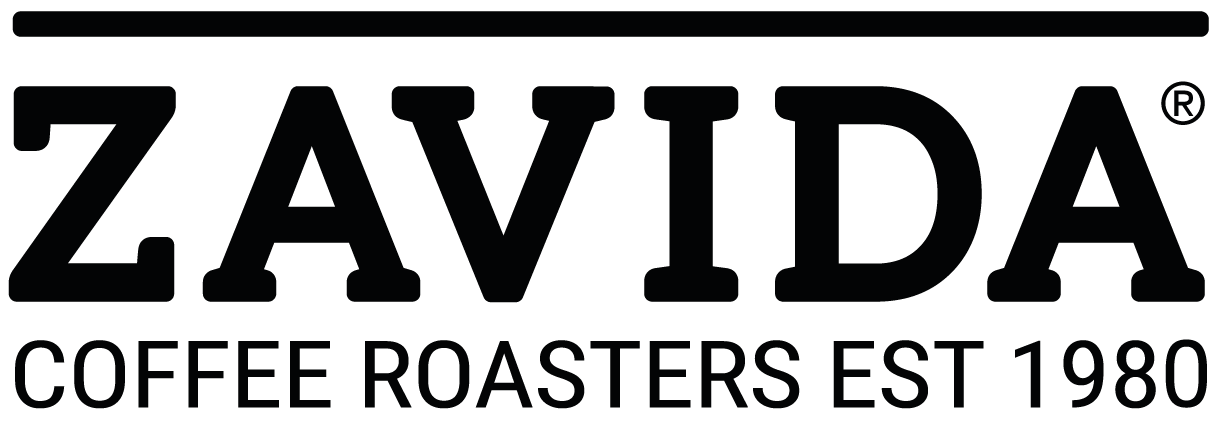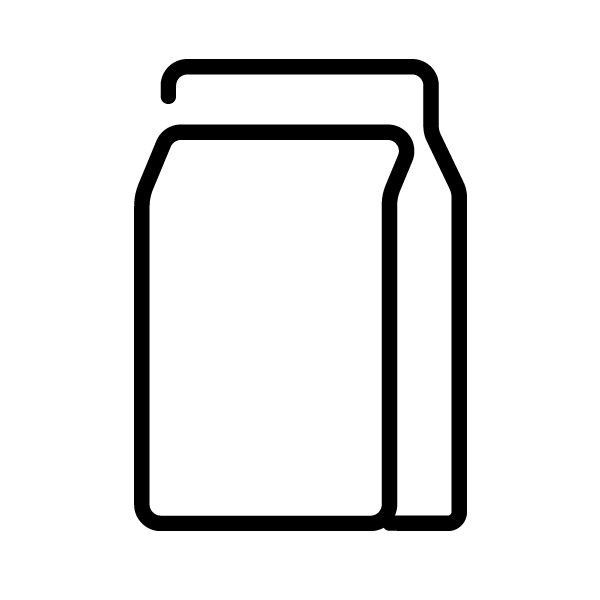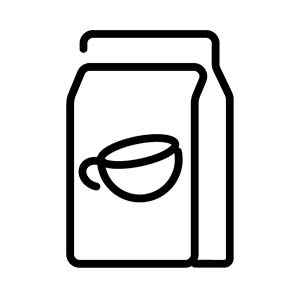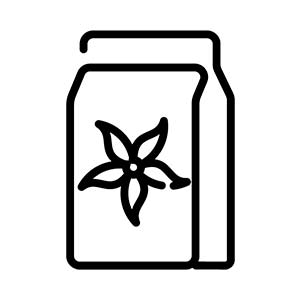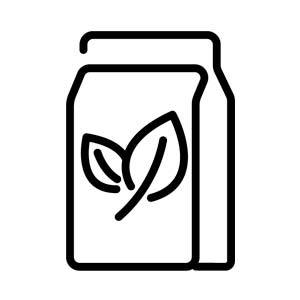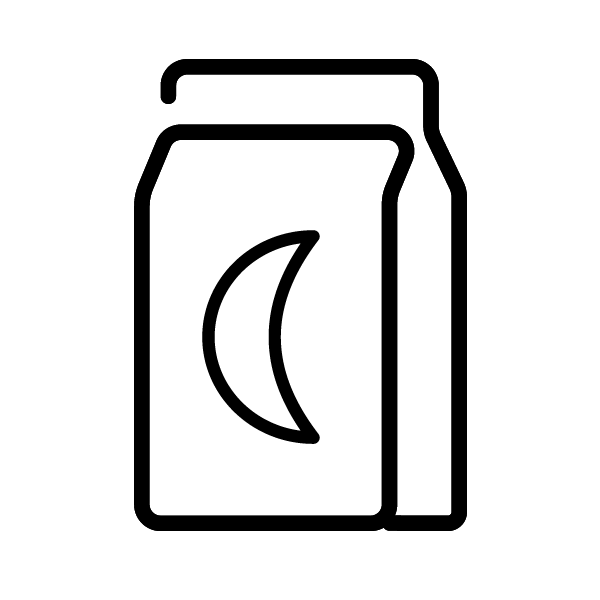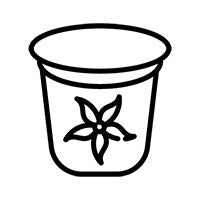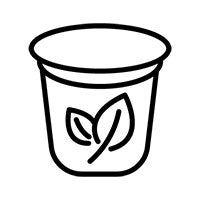Where Does Arabica Coffee Come From?
Coffee has long been a morning staple for many consumers. Given its popularity, it's of interest to learn more about one of our favorite drinks. Did you know that there are 25 major species within the genus coffee (aka coffea)? Only three, however, are harvested for commercial use. Those beans harvested are Arabica, Robusta and Liberian coffee. As the most popular coffee bean, where exactly does Arabica coffee come from?
The Drink of Champions
The Arabica coffee bean, the finest among the species, is endemic or native to the regions of Yemen and the Ethiopian highlands. However, the arabica species has been naturalized in other regions such as Africa, Latin America, China and various islands in the Caribbean and Pacific. The arabica bean itself takes about seven years to fully mature and requires an average rainfall of between 40-59 inches per year.
Arabica History
Arabica coffee production began in Indonesia around 1699. Indonesian coffees like Sumatran and Java are good for blending with higher acidity coffees such as those from Central America and East Africa. This is due to the low acidity and heavy body of arabica coffee. Currently, places such as Jamaican Blue Mountain, Colombia, Sidamo province of Ethiopia and Costa Rica are known to produce some of the world's finest arabica beans.
Popularity
Arabica beans make up approximately 70% of the world coffee bean market. This is a fancy grade of coffee usually found in specialty coffee shops. Here at Zavida we only use 100% Arabica beans. Robusta beans (aka coffea canephora), with their high caffeine content, have about 27% of the coffee bean market. This bean is cheaper to produce and has a lower taste profile than Arabica beans. Robusta beans are often used in instant coffee. Liberian coffee beans (aka coffea liberica bull) occupy the remaining 3% of the world coffee bean market.
Cultivars - Arabica vs Robusta
Other coffee beans have been cultivated (referred to as cultivars) using the two main bean species, arabica and robusta. Cultivars such as wild coffee (Ethiopia) and Baron Goto Red (Hawaii) have been developed by combining the two species. Here you can find a periodic table of some of the coffee varieties that have been developed using this method.
Besides being our favorite morning pick-me-up, coffee has also been associated with positive health benefits. For example, research shows risks to Alzheimer's and Parkinson's disease can be lowered by drinking coffee.
Additional health benefits from consuming coffee can be found here. So, when you're ready to shop for coffee, look no further than Zavida. Here, we have 35 years of experience roasting only the finest 100% Arabica beans. From online shopping to organic coffee, Zavida has your needs covered. Don't hesitate to contact us for recommendations.
